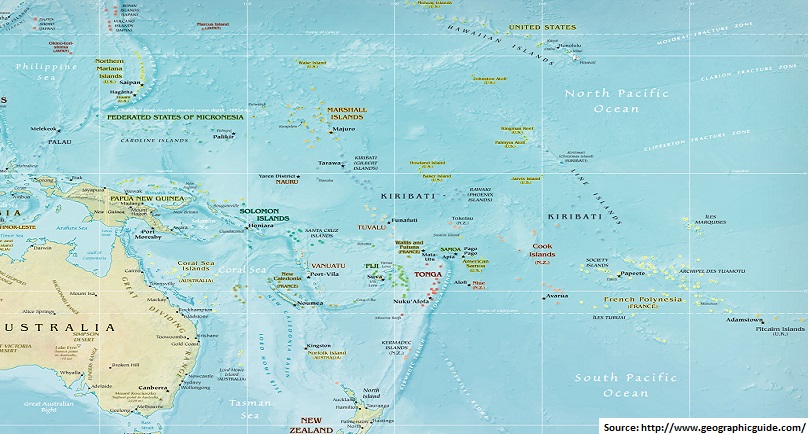By Hera Hoi – EM TV Online
With energy resources being the driver of civilization, the prices of each one has been essential to the global market. The recent slump in oil prices has now seen the benefits shifted from producers, to the consumers.
A press statement from the Secretariat of the Pacific Community says, while they welcome the falling energy prices, there are cautions that come with that sharp fall.
Low global oil prices has given Pacific Islands some relief, as consumers have had to pay, considerably some of the highest prices, at the gasoline pump, in the world, due to import costs.
While it is no secret that the global slump in energy prices, let along oil, is more beneficial to consumers than producers, the translating of these low prices to gasoline or transport costs and electricity costs in each country will be their main challenge.
“We’re seeing significant decreases in oil prices but this should be translated into reduced electricity and transport costs, two key sectors that SPC is working on with Pacific governments,” the Director of SPC’s Economic Development Division, John Hogan, said.
“Our major concern right now is to see the price decreases passed on to consumers in the Pacific and that there’s no erosion in the region’s commitment to renewable energy and energy efficiency,” Hogan said.
The head of SPC’s Energy Programme, Solomone Fifita, said that while cheaper energy prices could potentially promote inefficiencies and waste, SPC hoped governments would use this opportunity to raise revenue that could be invested in renewable energy and energy efficiency programs.
SPC monitors and analyses movements in the global and Pacific region energy markets and produces a Monthly Petroleum Price Review and the Pacific Fuel Price Monitor which enable the 22 Pacific Island countries and territories to monitor and compare pricing in the region..
According to the statement, the price template reflects an agreed methodology among Pacific Island countries and territories for calculating the price of fuel. With technical assistance from SPC, the template is reviewed regularly to take account of the dynamic nature of the petroleum sector.
SPC Petroleum Adviser is currently in the Cook Islands to review their fuel price template to ensure that prices are passed fairly onto consumers
SPC’s plans for the first quarter of 2015 will also respond to requests from Tonga, Kiribati and Tuvalu Governments to help review their petroleum pricing based on the template.
Meanwhile, Papua New Guinea consumers are already prospering – motorists have seen a fall in fuel prices (Petrol, Kerosene and Diesel) twice, as set by the Independent Consumer and Competition Commission. While there’s no word on cuts in electricity bills yet, Air Niugini CEO, Simon Foo has informed flyers that February will also see lower airfare rates.
Hogan went on to describe the fuel price trend as ‘volatile’ stating that 10 years ago, consumers were concerned when prices reached US$60 per barrel. Four years after, the ‘price tripled’, and then we’re back to US$64.
“The projections are that pricing will continue its downward trend pushing many in the industry to be uneconomical and exit,” Mr Hogan said.
Future projections by experts also say the trend of the oversupply is set to continue and global oil prices to keep going down.


